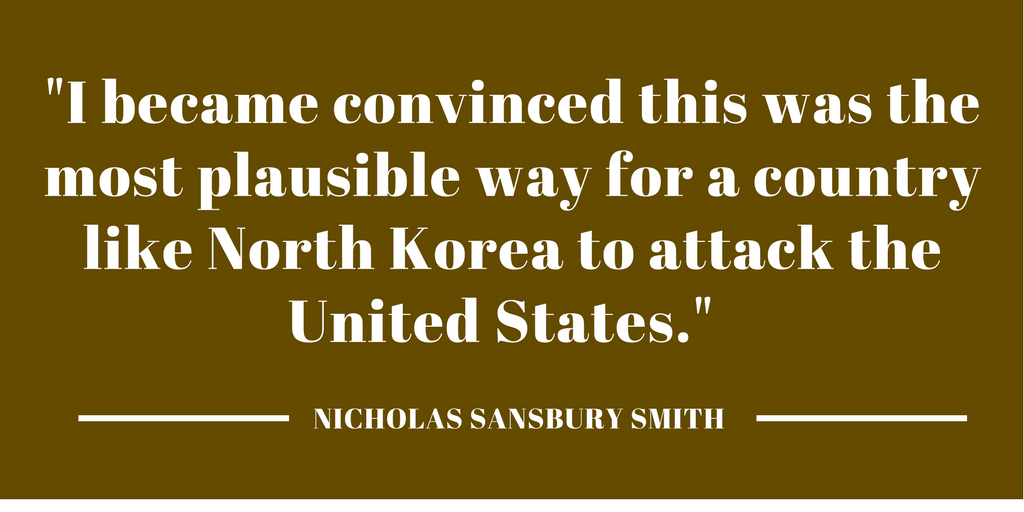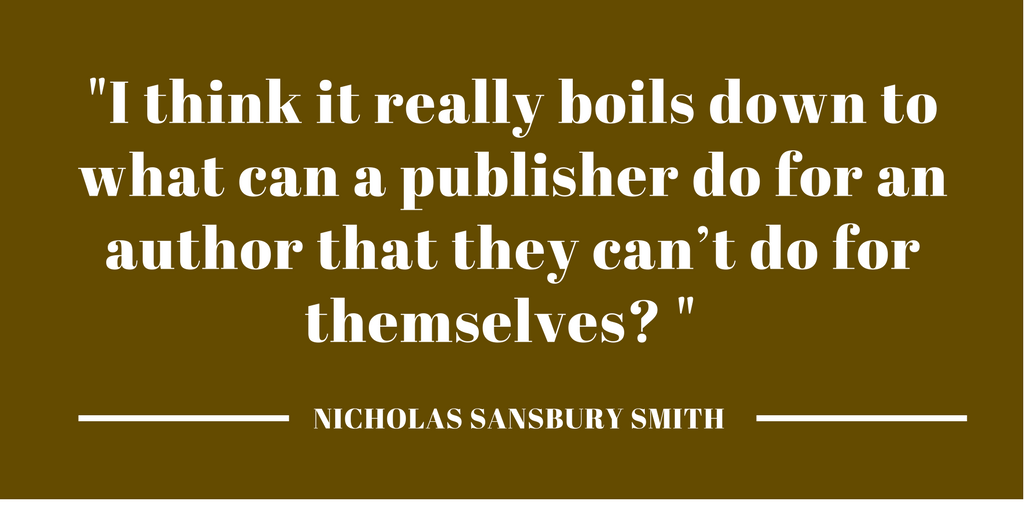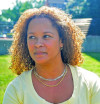Too often, authors create one dimensional super-killers in uniform who cold-heartedly carry out his or her duty like a robot. The character perpetuates the myth that the military is filled with people who mindlessly do what they’re told regardless of right or wrong. Orders are orders, in these worlds and service members shouldn’t think for themselves.
I'm convinced authors regurgitate the TV and movie style combatant because the number of people who know and understand real military life is minuscule compared to those who haven't served. People simply make it up, call it creative license and do whatever they think makes for the best plot.
Often times, these are the books I want to throw across the room.
![]() On the other hand, there are some who go the extra mile, do some research and present accurate portrayals of military members and veterans. They work at getting at the truth of what goes through the mind and soul of people trained to go to battle, why they do it, what their motivation might be, and how what soldiers do impacts them before, during and after their service.
On the other hand, there are some who go the extra mile, do some research and present accurate portrayals of military members and veterans. They work at getting at the truth of what goes through the mind and soul of people trained to go to battle, why they do it, what their motivation might be, and how what soldiers do impacts them before, during and after their service.
Nicholas Sansbury Smith, while never having served in uniform, masterfully draws three dimensional characters in uniform in all of his books. Many readers are familiar with the soldiers in his bestselling Extinction Cycle series which features Delta Force teams up against a deadly threat and a world in collapse. Through the multiple books in this series, we watch a team of men who had fought side by side for years in hot spots around the world. They weren’t best friends. They didn’t all hang out together, but they knew each other professionally and, like most people who go into danger with weapons in their hands, their connections are visceral and organic. When they lose half their team in one encounter with a kind of threat they’d never seen before, it rips them apart. They drive on, they continue to function and Smith shows us what it takes to continue your mission even though you’re torn up inside.
The accuracy Smith achieves speaks to his efforts to do research and to fulfill the unspoken promise of an author to readers that the world they are being asked to enter will be consistent and as real as possible.
Back on topic, in his newer series, Trackers, Smith shows us a pivotal mission behind enemy lines. It’s a mission that will impact the world in ways the Soldiers participating in it, never anticipated. Later, part of the U.S. suffer an Electromagnetic Pulse attack, stopping most of what makes America tick.
One of the characters central to this story is Raven, a Native American Marine who gradually learns how his role in a previous mission led to the EMP attack that has devastated the U.S. Raven has to contend with the guilt he feels over his participation in the deadly mission as he struggles through Post Traumatic Stress and a world in collapse.
I spoke to Nicholas Sansbury Smith about his latest series and his writing routine.
Q: The electromagnetic pulse scenario you write about in Trackers seems almost too real and conceivable to me. Where did your story come from and how plausible do you think it is?
A: The story came to me after years of working in disaster mitigation. I worked in several areas, and one of them was hardening power lines. EMP and CMEs were discussed from time to time and I recall how shocked I was that we weren’t more prepared for an event like that. I became convinced this was the most plausible way for a country like North Korea to attack the United States. Working with several military colleagues, pilots, and readers, I created a plot that became frighteningly realistic.
Q: Trackers feels very timely and one can’t help but think of current news events to compare it to. Is your fiction following current events or are current events weirdly following your fiction?
 A: I think it’s a little of both. North Korea has been a threat for a while, but it seems the threat has increased ten fold since the publication of Trackers. Part of that is the fact we have a new President, and I think North Korea is testing our next president.
A: I think it’s a little of both. North Korea has been a threat for a while, but it seems the threat has increased ten fold since the publication of Trackers. Part of that is the fact we have a new President, and I think North Korea is testing our next president.
Q: I would imagine your Homeland Security background has given you plenty of experience to draw on in writing the type of post-apocalypse stories you create. Does conceiving these events keep you up at night? Would you consider yourself a prepper? What do you think is a healthy level of preparation for end of world scenarios?
A: I used to worry about stuff a lot more than I do now. In the past I would have considered myself more of a prepper, but I think I realized I wouldn’t want to survive certain events. Especially a nuclear attack or major EMP. Quality of life would be terrible, and huge portions of the population would die within a year. Something like 90%. That said, I do prepare for emergencies like natural disasters and terrorist attacks. I’m not however, prepared for a major EMP or a nuclear attack. Not only would that cost tens of thousands of dollars to build a bunker, I just don’t feel like it’s something we can adequately prepare for, and I pray it never happens.
Q: In Trackers, your character, Raven expresses feelings many veterans who have survived combat feel … survivor’s guilt. His feelings are even more intense since he considers himself partially responsible for the apocalypse the US is facing. Do you think his feelings of guilt are justified? Are service members responsible for the missions they carry out?
A: That’s a tough question. I don’t think Raven’s feelings of guilt about being responsible for the North Korea attack are completely justified, but I wrote them that way because I think I would wonder myself if I were in his shoes. I think the second question is kind of loaded. Yes, I think they are responsible for their actions, but the commanders are equally as responsible. The men and women on the ground use the Intel they are provided and their training to make the best decisions in combat, but in the end we’re all human and when the bullets start flying bad shit happens. I think a lot of survivors like Raven carry the guilt of things they did or didn’t do, or maybe would have done differently. War is a horrible thing, and it breaks a lot of men and women after they return. I’m a huge advocate for our Vets and my Extinction Cycle series has characters similar to Raven. Master Sergeant Joe Fitzpatrick is another example. He’s a wounded warrior that lost both legs in Iraq and goes on in the Extinction Cycle to fight alongside the Delta Force Operators and Marines battling the Variants.
Q: Trackers follows several characters that each have a unique perspective on the events that follow the attack which almost cripples the country. People in a small town, to political leadership and military members, all have their own sets of challenges to face, but the main story centers on a small Colorado town. Did you pick that location for a reason? Do you think a smaller town offers better survivability for a crisis like what you’re writing about?
A: I grew up going to Estes Park and absolutely love the town. They are fairly isolated in the Rocky Mountains and I thought it would be the perfect place for a survival story.
 Q: You’re library of work has been published both traditionally and independently. Do you have a preference between the two? How do you decide whether or not to try to traditionally publish or go indie?
Q: You’re library of work has been published both traditionally and independently. Do you have a preference between the two? How do you decide whether or not to try to traditionally publish or go indie?
A: I like them both for different reasons. I think it really boils down to what can a publisher do for an author that they can’t do for themselves? For me the answer is simple. They got me into the audiobook market and into mass market paperback. I will continue self publishing some of my books and working with publishers as long as I feel like it’s worth it. Sometimes though, it’s really hard to know.
Q: I am amazed by the number of books you’ve written in such a short amount of time. Do you write every day and on average, how many words do you write?
A: I try to write every week day and my average if 2k words a day. I also work on the weekends but that’s usually getting caught up on things like marketing and editing.
Q: Do you plot the entire series or do you develop the story as you go along?
A: Usually I plot the first book and outline it. If I feel like there is more of a story to be told then I start outlining the series. There have been certain series I’ve plotted the books out for the publisher before I’ve written them.
Q: You now have a Kindle World for The Extinction Cycle. I have written a couple of Kindle World books in a mystery series and I often wonder how it must feel for the original author to have their characters and world commandeered by someone else. How does it feel to have people writing in your world? Do you enjoy what others have written in your world?
A: I really enjoy reading the stories and knowing that I helped create the world. This is an honor for me. I’ll admit that I was kind of concerned at first that other authors would do things to my characters or story that I wouldn’t like, but I was able to let go of those feelings pretty early on. For me, Kindle Worlds is an opportunity to work with other authors on a story that continues to expand. That is so cool to me!
Q: I’m from Minnesota but living on the East Coast. I’ve always thought that if the shit hit the fan, I’d head home as fast as possible. As someone from Iowa, do you think the way I do, that the Midwest is the best place to survive the apocalypse?
A: Maybe... unless everyone has the same idea. Personally, I would head to the coast. If I’m going to die, at least I’ll be at the place I love the most—the ocean. Plus, the ocean has a food source that’s not dependent on rain, sun, and fertilizer like the Midwest does. I have a feeling the factory farms in the Midwest would be toast the first year after a major apocalypse. A cabin in Minnesota would be my second option. Somewhere along the North Shore or in the Boundary Waters where you would be very isolated.
Thanks for your time Nicholas Sansbury Smith! It was great to connect with you and I appreciate your time.
You can connect with Nick on his website, Goodreads, Facebook, Twitter @greatwaveink, Tumblr and Amazon Author page.
I’ll be giving away an ebook version of the first book in his Trackers series by random draw to anyone who comments here. Drawing will be held Friday, June 15, 2017, so give us a shout out. **Contest closed. Congratulations Jill Savin! A copy of Trackers it on it's way to you.**
 M. L. Doyle has served in the U.S. Army at home and abroad for more than two decades as both a soldier and civilian. Mary is the author of The Desert Goddess series, an urban fantasy romp consisting of The Bonding Spell and The Bonding Blade. She has also penned The Master Sergeant Harper mystery series which has earned numerous awards including an IPPY, a Lyra Award and the Carrie McCray Literary Award. Mary is the co-author of two memoirs; A Promise Fulfilled; the story of a Wife and Mother, Soldier and General Officer (Jan. 201) and the memoir, I’m Still Standing: From Captive U.S. Soldier to Free Citizen—My Journey Home (Touchstone, 2010), which was nominated for an NAACP Image award. Mary's work has been published by The Goodman Project, The War Horse, The WWrite Blog and The Wrath-Bearing Tree, an online magazine for which she serves as a fiction editor. A Minneapolis, Minnesota native, Mary current lives in Baltimore. You can reach her at her website at mldoyleauthor.com.
M. L. Doyle has served in the U.S. Army at home and abroad for more than two decades as both a soldier and civilian. Mary is the author of The Desert Goddess series, an urban fantasy romp consisting of The Bonding Spell and The Bonding Blade. She has also penned The Master Sergeant Harper mystery series which has earned numerous awards including an IPPY, a Lyra Award and the Carrie McCray Literary Award. Mary is the co-author of two memoirs; A Promise Fulfilled; the story of a Wife and Mother, Soldier and General Officer (Jan. 201) and the memoir, I’m Still Standing: From Captive U.S. Soldier to Free Citizen—My Journey Home (Touchstone, 2010), which was nominated for an NAACP Image award. Mary's work has been published by The Goodman Project, The War Horse, The WWrite Blog and The Wrath-Bearing Tree, an online magazine for which she serves as a fiction editor. A Minneapolis, Minnesota native, Mary current lives in Baltimore. You can reach her at her website at mldoyleauthor.com.
2 comments on “Interview - Nicholas Sansbury Smith”
Great interview! Interesting POV that in some scenarios of post apocalyptic life, it might be better to just let go. Im with Nick, i want to be on the ocean if we are near the end!
Great interview! I am glad to see someone who is honest in admitting that living in a post apocolyptic world is probably not possible but if one should survive...well it would not be a life that I would want to live. I am looking forward to reading this book.